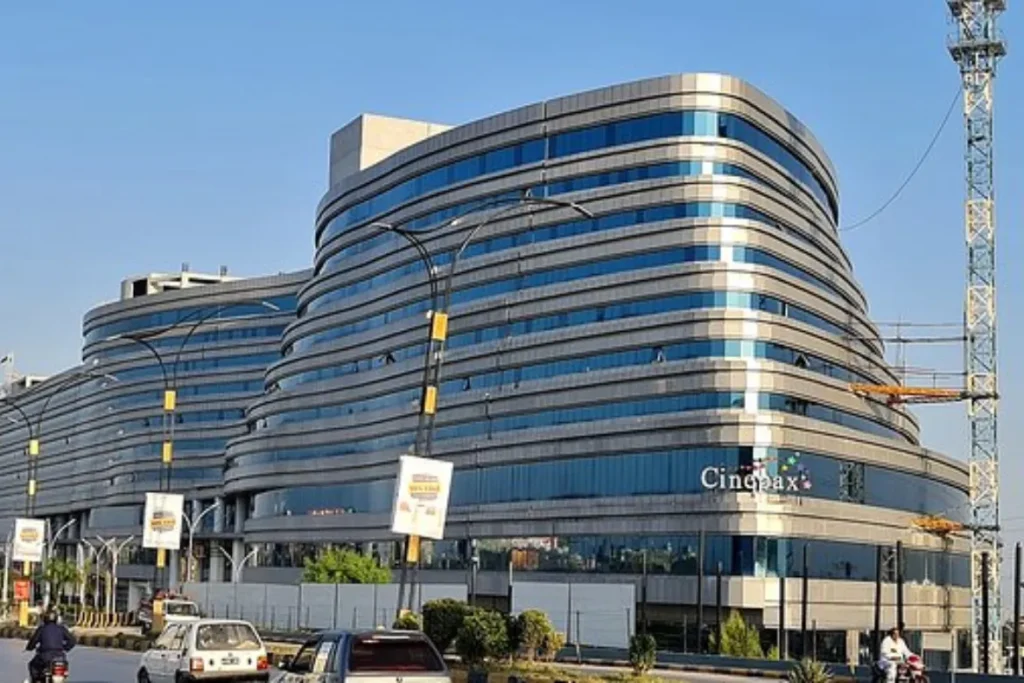Meem Se Mohabbat: A Masterclass in Pakistani Drama Storytelling & Cinematography
Pakistani television has long been celebrated for its ability to weave intimate family dramas with universal themes of love, loss, and redemption. Meem Se Mohabbat, which wrapped up its 33‑episode run on April 10, 2025, has emerged as a shining example of why our dramas continue to captivate audiences both at home and abroad. Averaging over 24 million views per episode on YouTube, its resonance in Pakistan and India alike proves that, when done right, our serials are world‑class. ⸻ A Comprehensive Synopsis 1.The Inciting Tragedy Talha Ahmed (Ahad Raza Mir) is a successful architect whose life unravels when he survives a car accident that kills his brother and sister‑in‑law. His young nephew, Mohid, survives but loses his ability to speak due to the trauma. Consumed by guilt, Talha retreats into strict professionalism, cutting himself off from joy and color. His fiancée Sabiqa ends their engagement, unable to reach him through his wall of grief—an emotional breakup witnessed by the free‑spirited Roshi (Dananeer Mobeen), purely by happenstance. 2.Roshi’s Entrance & Office Antics Roshi, a college girl more interested in laughter than lectures, is introduced into Talha’s life when her father secures her a junior position at Talha’s firm. Her bubbly energy clashes hilariously with Talha’s stoicism: missed deadlines, goofy mistakes, and impromptu jokes break the stale office environment. More importantly, she unknowingly becomes the first person to make Talha’s stern father genuinely laugh since the accident. 3.Building Bonds & Jealousy Games As Roshi begins to bond with Mohid—coaxing shy smiles and fractured words—and endears herself to Talha’s father, Sabiqa resurfaces, seeking to rekindle her engagement and promising to care for Mohid. A rivalry blossoms: Sabiqa tries to win back Talha at a company event, only for Roshi to confront her with quiet dignity. Talha’s own conflicted feelings become clear: he’s drawn to Roshi’s warmth but pushes her away out of habit and self‑doubt. 4.The Office Assault & Dark Turn The drama takes a tense turn when a malicious co‑worker attempts to drug and assault Roshi. A timely rescue by Talha not only cements his protective instincts but triggers a misguided attempt to make Roshi jealous—he briefly entertains a proposal from her attacker. This leads to Roshi’s family accepting the wrong man’s proposal, setting the stage for a dangerous game of hearts. 5.A Grandfather’s Scheme & The Climactic Wedding Learning of the threat, Talha enlists Roshi’s grandfather in a daring plan: sabotage the abusive suitor’s arrival, stage a wedding “on the spot,” and finally claim Roshi for himself. When the fake‑drama ceremony unfolds, Roshi is confused rather than thrilled—she believes Talha’s motives petty. Feeling betrayed, she demands a divorce even as Mohid’s broken attempts at speech plead for her to stay. 6.Truth, Confession & The Happy Ending In a heartfelt confrontation at her grandfather’s home, Talha lays bare his love for Roshi and the depth of his guilt. Roshi, moved by both the truth and Mohid’s tearful pleas, forgives him. The series closes on their declaration of love, promising a future where healing, laughter, and commitment walk hand in hand. ⸻ What Makes “Meem Se Mohabbat” a Standout? 1. Nuanced Writing & Character Arcs •Farhat Ishtiaq’s script crafts layered characters whose flaws feel achingly real. Talha’s guilt‑ridden withdrawal and Roshi’s irrepressible spirit create a dynamic “opposites attract” that never feels contrived. •Supporting roles—Sabiqa’s complexity as both jilted fiancée and imperfect rival, Mohid’s silent suffering, and the grandfather’s quiet wisdom—add emotional depth without ever stealing the spotlight. 2. Pacing & Emotional Beats •The gradual thawing of Talha’s heart is paced so realistically that each small smile or tender gesture feels earned. •Key dramatic moments—Sabiqa’s rupture, the attempted assault, the impulsive wedding—land powerfully because the groundwork of character motivation is rock‑solid. 3. Authentic Dialogue & Relatable Conflicts •Conversations blend Urdu and light English phrases seamlessly, reflecting everyday speech. •Themes of familial duty, toxic masculinity (through Talha’s guilt), workplace dynamics, and the healing power of love resonate across cultural lines. 4. Cinematic Direction & Production Values •Ali Hassan’s direction uses natural light and intimate framing to heighten emotional scenes—Talha alone in his office, bathed in sunset hues, is a visual metaphor for his isolation. •Vibrant song‑and‑dance sequences in Mehndi‑style bursts of color contrast sharply with the muted tones of Talha’s grief, underscoring Roshi’s role as bringer of light. •Thoughtful set design: the modern office, Roshi’s cozy home, and the grand wedding hall each feel lived‑in and evocative of their function in the story. 5. Standout Performances •Ahad Raza Mir delivers a restrained yet profound portrayal of a man shackled by remorse, making every flash of vulnerability powerful. •Dananeer Mobeen sparkles as Roshi, her comedic timing and emotional sincerity keeping the drama from ever feeling too heavy. •The chemistry between the leads—rooted in genuine warmth—fuels audience investment in their journey. ⸻ Why Pakistani Dramas Like “Meem Se Mohabbat” Shine 1.Grounded in Culture, Untethered by Boundaries Our dramas speak to universal human experiences—grief, love, redemption—while celebrating uniquely Pakistani settings, festivals, and family dynamics. 2.Emphasis on Story Over Spectacle Limited budgets encourage creative storytelling: carefully written scenes and character‑driven plots outshine reliance on CGI or grand sets. 3.Strong Female Characters From Roshi’s fearless optimism to Sabiqa’s layered vulnerability, Pakistani serials increasingly give women agency, complexity, and central narrative roles. 4.Socially Relevant Themes By tackling issues like trauma, mental health, workplace harassment, and the weight of familial expectations, these dramas spark conversation and empathy. ⸻ In Conclusion Meem Se Mohabbat isn’t just another hit serial—it’s proof that Pakistani television continues to evolve, delivering narratives that are rich in emotion, cultural nuance, and cinematic flair. Whether you’re a long‑time drama aficionado or new to our serials, this series offers a masterclass in how to balance heart‑wrenching stakes with the lightness of hope and humor. If you’re building your own brand, crafting your own story, or simply seeking quality entertainment, look no further than Pakistani dramas for inspiration. They remind us that, even in our darkest moments, a spark of color—and a loving heart—can change everything.










